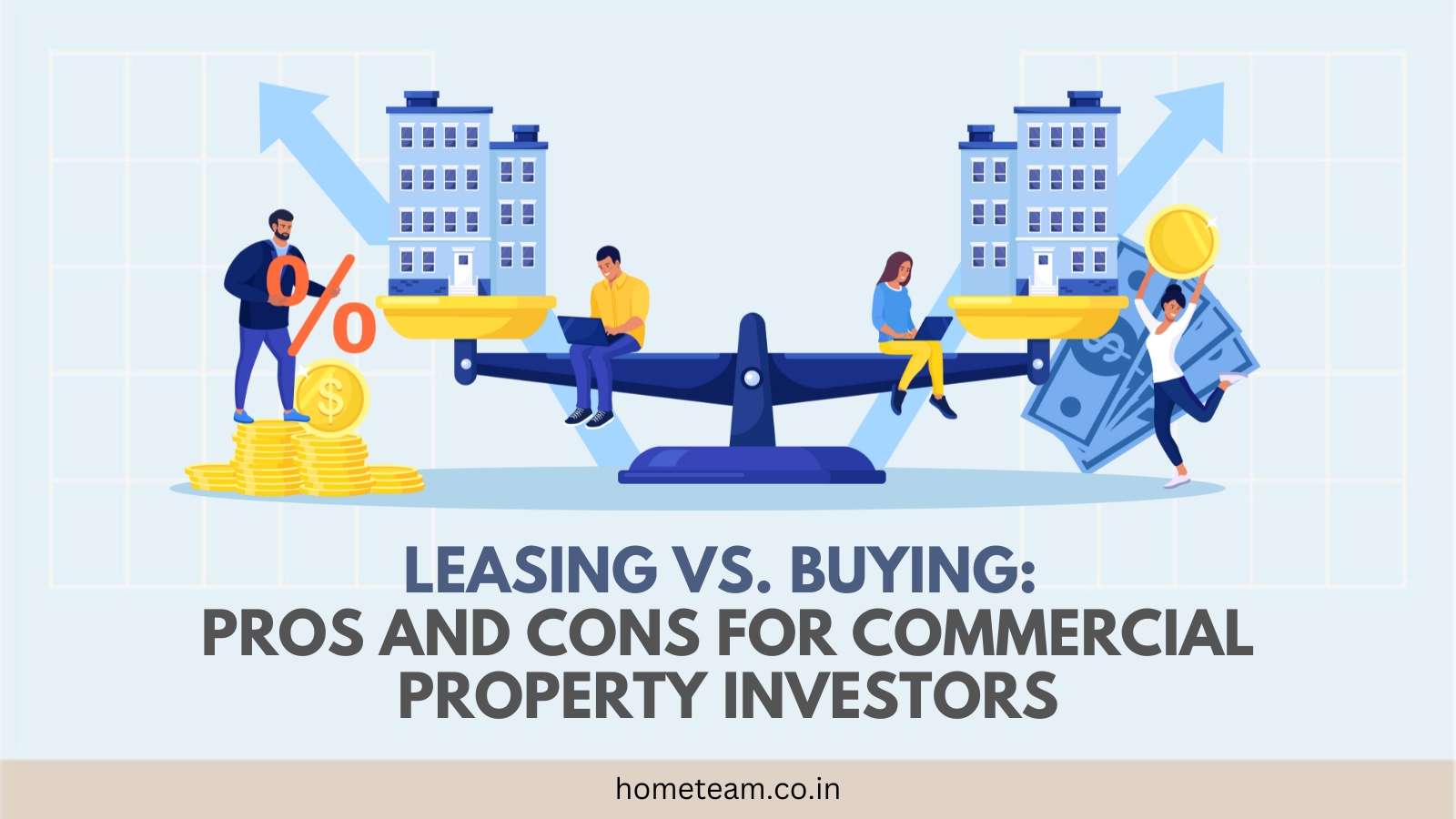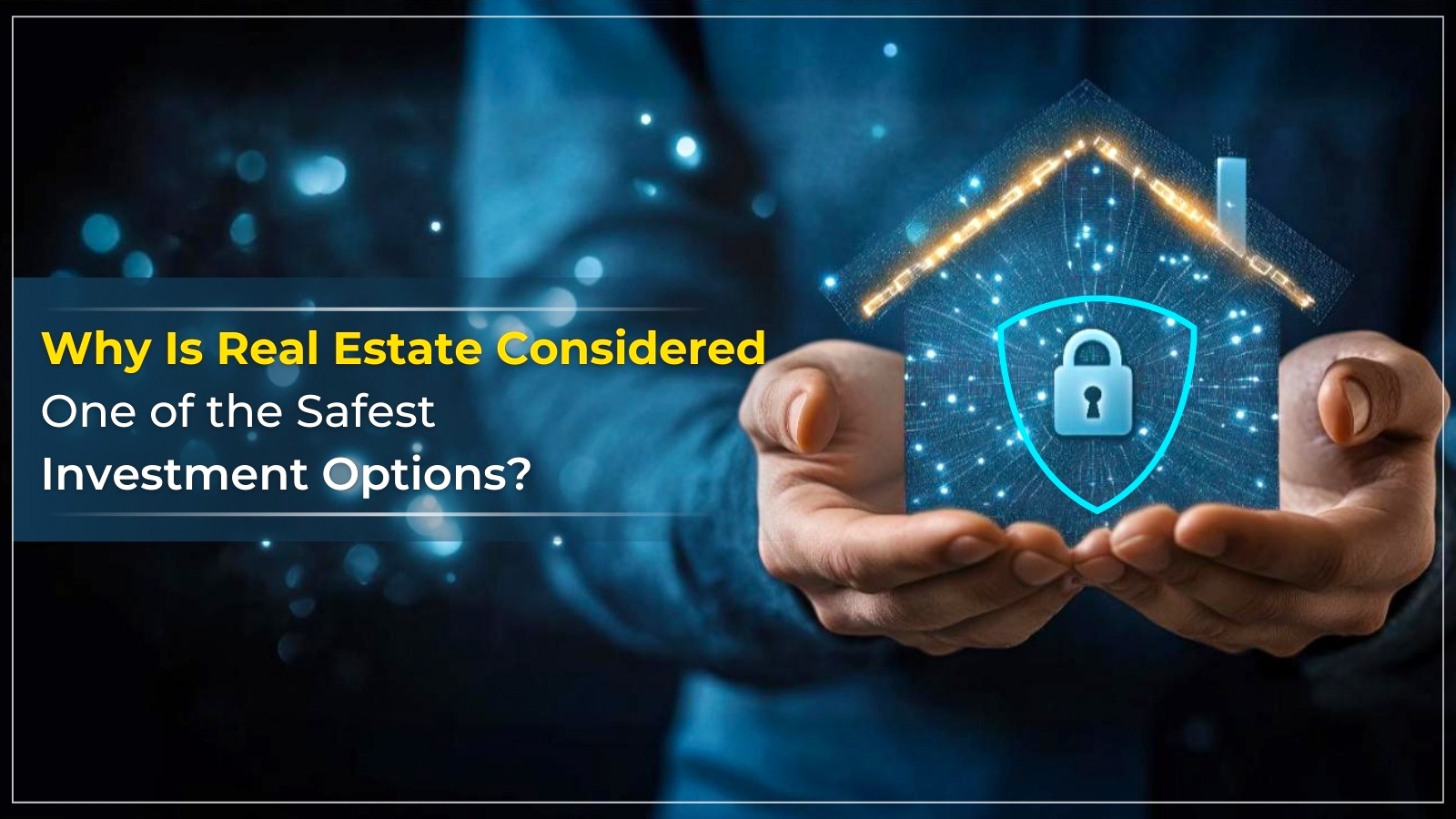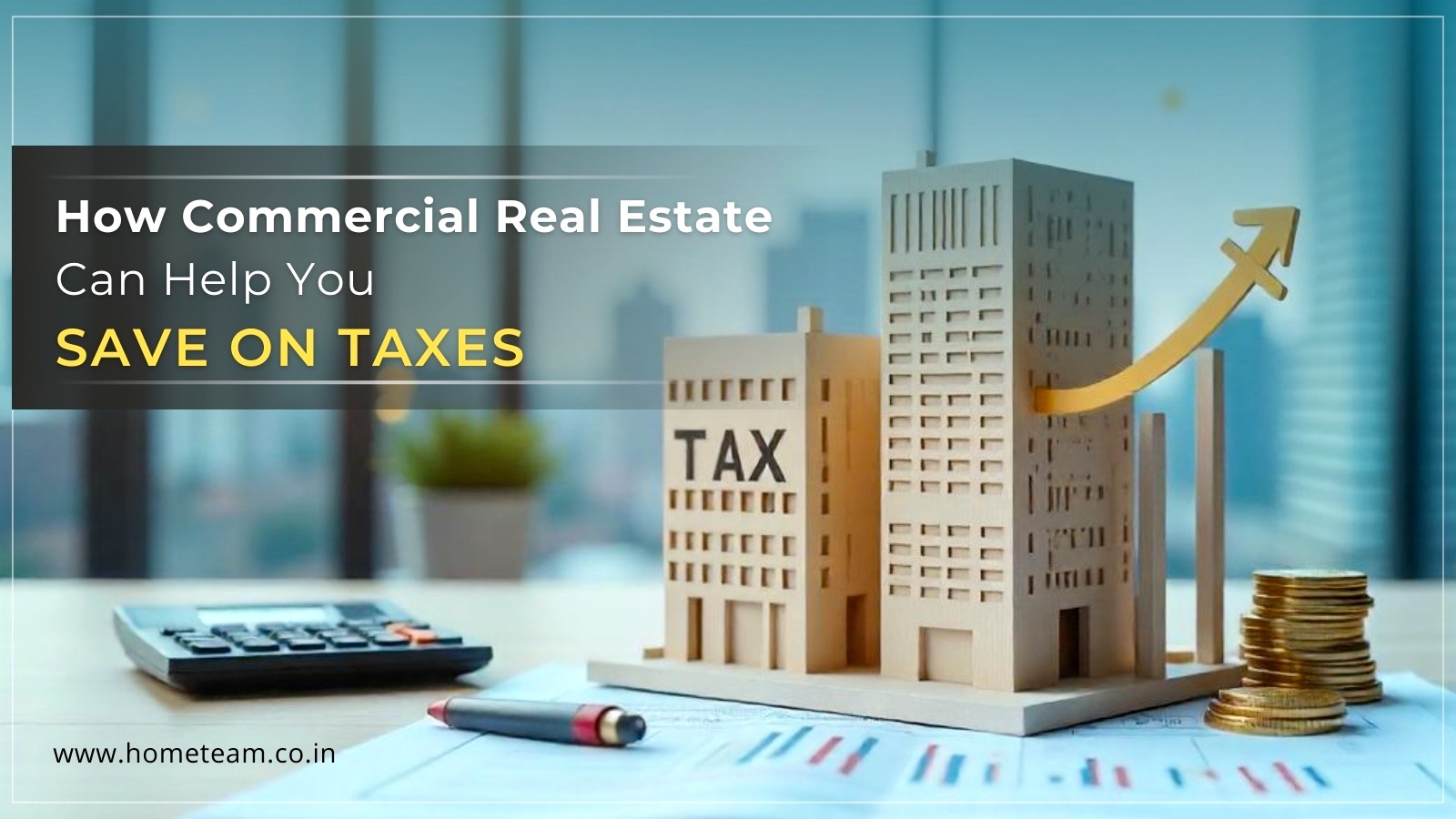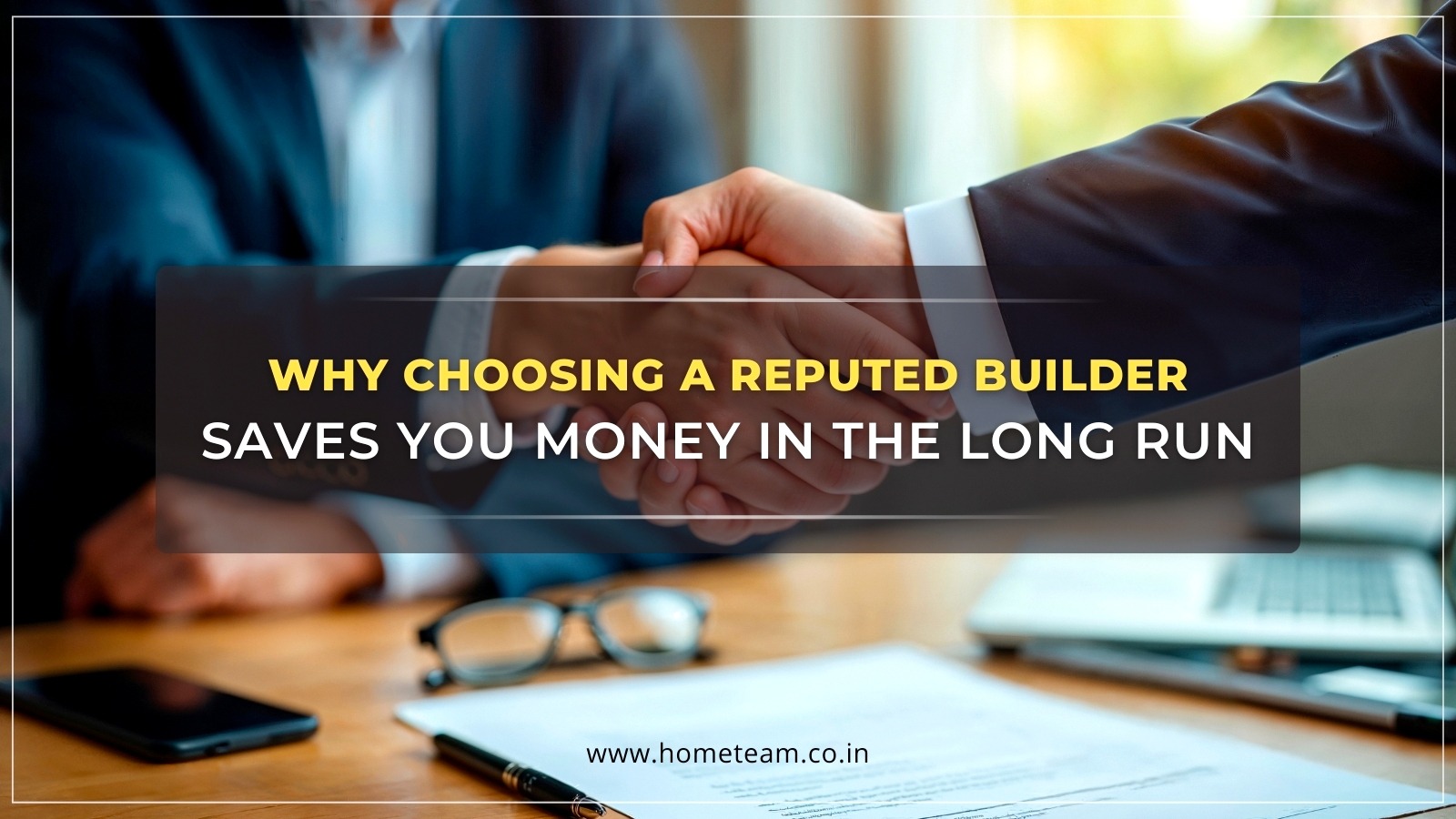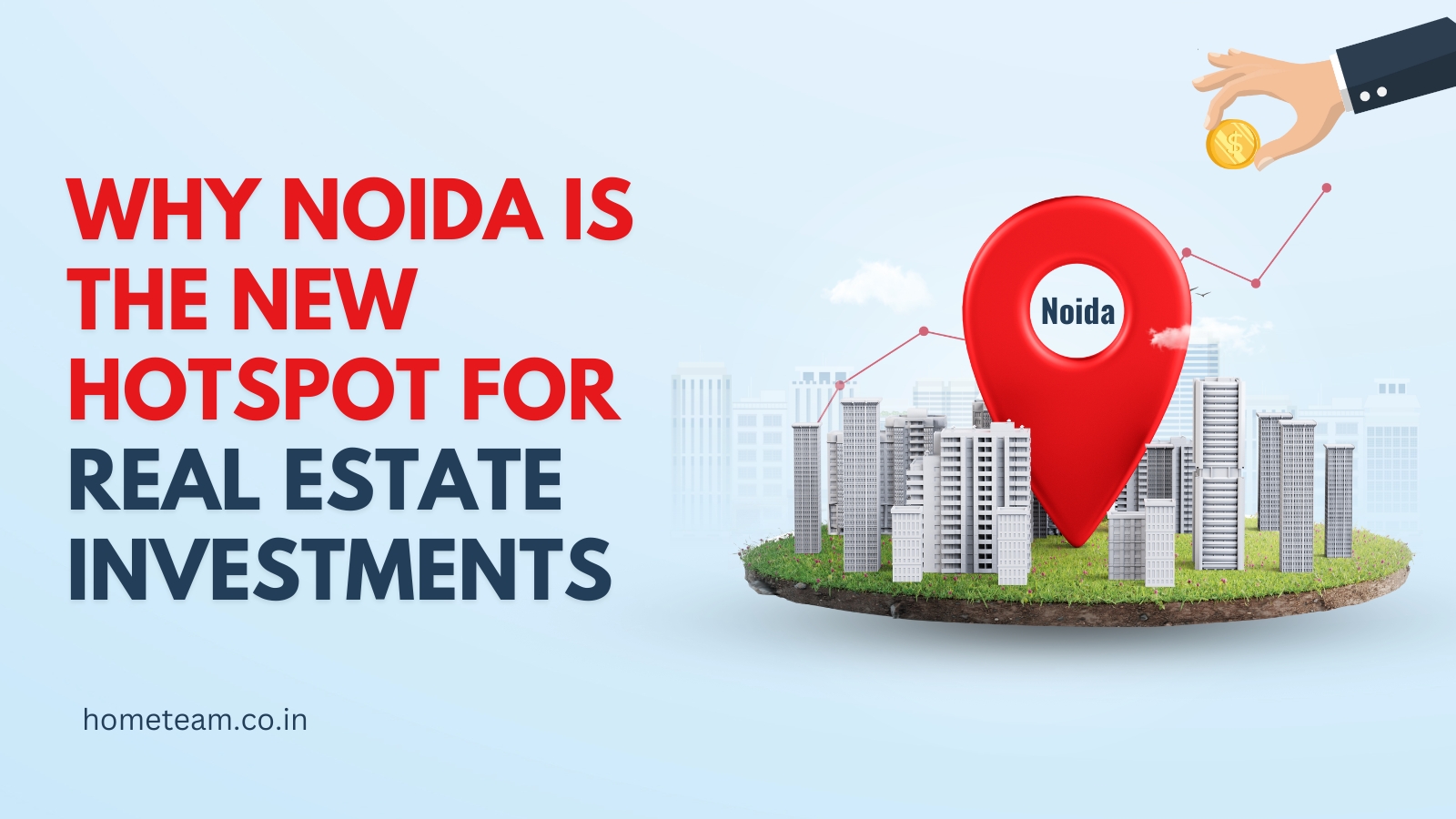Leasing vs. Buying: Pros and Cons for Commercial Property Investors
When investing in commercial real estate, one of the most important decisions you will make is whether to lease or buy the property. Both leasing and buying have their own advantages and disadvantages, so it is important to carefully weigh the pros and cons before making a decision.
Leasing Commercial Property
Pros:
- Lower upfront costs: Leasing a commercial property typically requires a lower upfront investment than buying a property. This can be a good option for investors with limited capital.
- Flexibility: Leasing contracts are typically more flexible than mortgages. This means that you may be able to negotiate a lease term that meets your specific needs.
- Less maintenance and repair costs: Landlords are typically responsible for maintenance and repairs to leased properties. This can save you time and money.
- Access to prime locations: Leasing can give you access to prime locations that you may not be able to afford to buy.
Cons:
- Less control: When you lease a commercial property, you have less control over the property than if you owned it. This means that you may be subject to the landlord's rules and regulations.
- Rising lease payments: Lease payments can increase over time, which can erode your profits.
- Lack of equity: When you lease a commercial property, you are not building equity in the property. This means that you will not be able to sell the property for a profit in the future.
Buying Commercial Property
Pros:
- Build equity: Over time, the value of a commercial property may appreciate. This means that you can build equity in the property, which can be cashed out when you sell the property.
- Tax benefits: Commercial property owners can deduct certain expenses, such as property taxes and mortgage interest, from their income taxes. This can reduce your tax burden.
- Greater control: When you own a commercial property, you have complete control over the property. This means that you can make any changes or renovations that you want.
- Potential for higher returns on investment: Over the long term, commercial property ownership can generate higher returns on investment than leasing.
Cons:
- Higher upfront costs: Buying a commercial property requires a significant upfront investment. This may not be an option for investors with limited capital.
- Less flexibility: Mortgage terms are typically less flexible than lease terms. This means that you may be locked into a mortgage for a long period of time, even if your business needs change.
- More maintenance and repair costs: As the owner of a commercial property, you are responsible for all maintenance and repairs. This can be a significant expense.
- Risk of vacancy: If you are unable to find tenants for your commercial property, you will be responsible for the mortgage payments and other expenses, even if you are not generating any income.
The decision of whether to lease or buy a commercial property depends on your individual circumstances and investment goals. If you are looking for a lower upfront investment and more flexibility, then leasing may be a good option for you. If you are looking to build equity in the property and have greater control, then buying may be a better option.
It is important to consult with a financial advisor and a real estate agent before making a decision. They can help you to assess your financial situation and investment goals, and recommend the best option for you.
FAQs
This is a fundamental question and often depends on various factors, including your financial situation, investment goals, and market conditions. Leasing might require less upfront capital, while buying can offer long-term equity and potential tax benefits. Understanding your specific objectives is key.
Leasing provides flexibility, as it allows you to adapt to changing business needs more easily. It typically requires lower initial expenses and offers predictable monthly costs. Leases often cover property maintenance and repairs, saving you from unexpected expenses.
Buying a property can build equity over time, providing potential appreciation and rental income. You have more control over the property, can make improvements as needed, and may benefit from tax deductions and potential property value growth.
Leasing can lead to increased costs over time due to rent escalations. You may face restrictions on property modifications and potential eviction risks. Furthermore, your business may lack long-term security if leasing terms are not renewed.
Buying can tie up substantial capital in a single asset, potentially limiting diversification. Market fluctuations can impact property value, and you'll be responsible for property maintenance and repairs. Financing and managing a purchased property can also be complex, requiring thorough due diligence.
